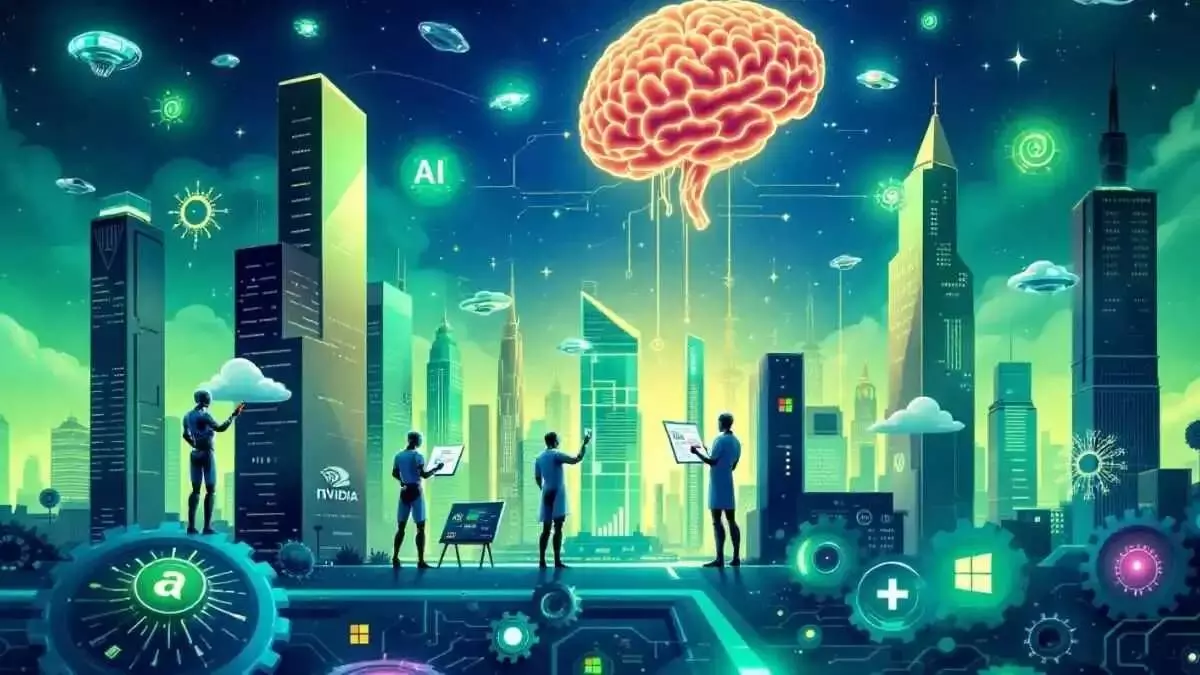AI Shake-Up Threatens Entry-Level Jobs, Unemployment May Surge, Warns Jefferies Report
Jefferies warns AI may replace 50% of entry-level white-collar jobs, pushing unemployment higher. Reskilling is crucial for young workers’ futures.
image for illustrative purpose

Artificial Intelligence (AI) is reshaping the job market, with entry-level white-collar roles facing the greatest risk, according to a new report by investment firm Jefferies. The analysis highlights rising unemployment among recent college graduates in the US, now at 5.8%—significantly above the national average of 4% and more than double the 2.7% rate for all college graduates.
Jefferies warns that AI-driven labor disruption will primarily impact young professionals just entering the workforce. The report cites Dario Amodei, CEO of AI firm Anthropic, who predicts that AI could replace up to 50% of entry-level white-collar jobs within the next one to five years. If this trend continues, unemployment rates could soar to as high as 10-20%.
Jobs Most at Risk
The report identifies sales, customer support, software development, and marketing as sectors where entry-level positions are most vulnerable—fields that rely heavily on junior staff. Alarmingly, even graduates with technical degrees aren’t immune: unemployment among recent computer engineering and computer science grads stands at 7.5% and 6.1%, respectively.
AI Expands Beyond Tech
Jefferies also found that AI discussions have expanded beyond technology companies. Out of 419 US companies mentioning AI during earnings calls since 2021, 40% belong to non-tech sectors such as retail, finance, and healthcare, underscoring AI’s growing influence across industries.
Mixed Industry Reactions
Business leaders offer contrasting perspectives on AI’s impact. IBM CEO Arvind Krishna states that AI has driven job creation and business growth at his company. Conversely, Klarna’s CEO acknowledged that replacing staff with AI negatively affected customer service, leading to rehiring.
Preparing for the Future
The Jefferies report concludes that while AI presents significant opportunities for efficiency and innovation, it also poses serious challenges for young workers entering the job market. It urges companies, governments, and educational institutions to urgently invest in reskilling initiatives to help the workforce adapt to these changes.

